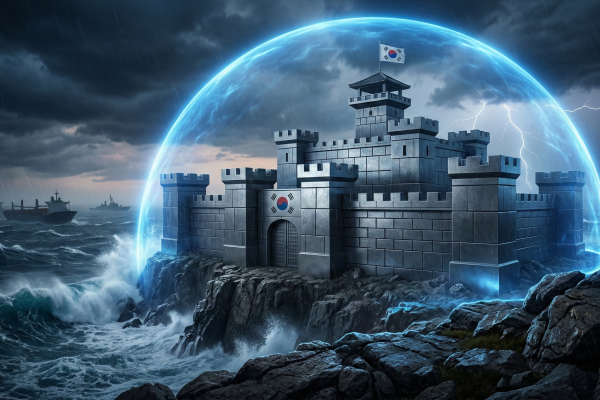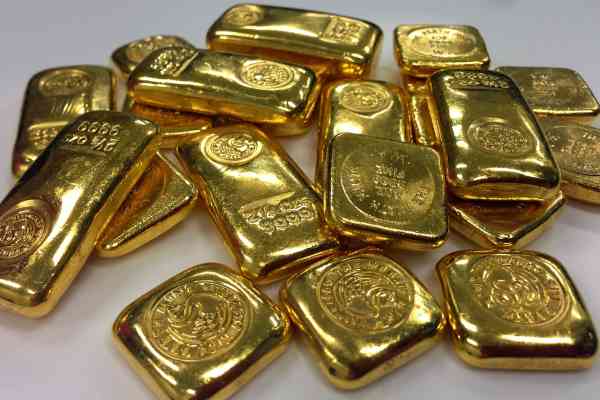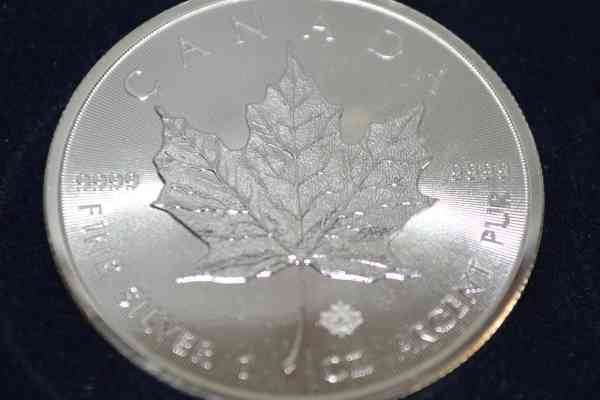April 17th, 2020 | 10:50 CEST
BP, Enthusiast Gaming, TUI - why these shares are interesting now
The stock exchanges are currently in an interesting market phase. After the price slumps since February 2020, as a result of the spread of the Corona Pandemic, most indices have been able to make significant gains again and are now fluctuating in the middle between the time before COVID-19 and the days when the panic was at its highest. This is no coincidence, as central banks and politicians are all pulling together to provide support, and in some European countries a ban on short selling has even been imposed. In other words, without official market intervention, the recovery would probably have been less rapid.
time to read: 2 minutes
|
Author:
Mario Hose
ISIN:
DE000TUAG000 , CA29385B1094 , GB0007980591
Table of contents:

"[...] We have built one of the largest land packages of any non-producer in the belt at over 440 sq.km and have made more than 25 gold discoveries on the property to date with 5 of these discoveries totaling about 1.1 million ounces of gold resources. [...]" Jared Scharf, CEO, Desert Gold Ventures Inc.
Author
Mario Hose
Born and raised in Hannover, Lower Saxony follows social and economic developments around the globe. As a passionate entrepreneur and columnist he explains and compares the most diverse business models as well as markets for interested stock traders.
Tag cloud
Shares cloud
Market leader in North America with potential
Enthusiast Gaming is the largest online gaming provider in North America. The Canadian company now reaches over 200 million people every month. In times of the spread of COVID-19 and the accompanying initial restrictions, Enthusiast Gaming offers a varied entertainment program for the home with over 100 gaming portals. More than 50 influencers give gamers recommendations and advices and on more than 900 YouTube channels the target group receives different contents around the clock, which can be advertised simultaneously.
In addition, the company has seven professional Esports teams that provide excitement and entertainment. The gaming industry has now reached a sales volume that is twice as large as the music and film industry combined. The value driver of the growing company is access to customers and the opportunities to make money from them.
OPEC+ must continue to cut back
The oil producer BP is currently in the focus of investors like all other large companies in the industry, e.g. Chevron, Royal Dutch Shell and Total. The low oil price is a major concern for the industry. The oversupply due to the decline in demand in connection with the restrictions imposed by COVID-19 is depressing the price of the black gold, and storage capacity must also be created and maintained.
OPEC+ and the major producers will have to agree on further cuts in production in a timely manner to prevent the situation from escalating further. No member of OPEC+ and producer can have an interest in a low oil price, because each barrel produced can only be sold once and the proceeds are needed for the national budget or the return expectations of banks and investors.
Oil producer builds up reserves
The Canadian oil producer Saturn Oil & Gas is interesting in this context, as the company was able to increase its reserves by 63% to over 7.4 million barrels last year. By February 2021, management has hedged half of daily production at a price of over CAD 65.00. In addition, Saturn Oil & Gas plans to play a front-running role in ESG. Oil from countries like Canada, where human rights and environmental protection are important, will become more important in a better world.
The CEO of dynaCERT, Jim Payne, has recently been appointed to the Board of Directors of Saturn Oil & Gas. This decision was based on the expertise of dynaCERT, which has developed a hydrogen technology that reduces the emission of pollutants from combustion engines.
Winners of the crisis
The travel group TUI has experienced the Corona Crisis as the greatest possible accident. The problem for a group with image and reputation is complex and must be handled with confidence in order to emerge from the situation as a potential winner. Already sold tours were cancelled, the program for timely travel was discontinued and stranded customers were brought back home. In simple terms, money is remitted back, revenues are lost and costs to protect customers rise.
The advantage of TUI is that the brand has not been damaged and access to customers is maintained. As soon as the wanderlust returns and the restrictions disappear, the business will flourish again and market shares will increase.
Conflict of interest
Pursuant to §85 of the German Securities Trading Act (WpHG), we point out that Apaton Finance GmbH as well as partners, authors or employees of Apaton Finance GmbH (hereinafter referred to as "Relevant Persons") may in the future hold shares or other financial instruments of the mentioned companies or will bet on rising or falling on rising or falling prices and therefore a conflict of interest may arise in the future. conflict of interest may arise in the future. The Relevant Persons reserve the shares or other financial instruments of the company at any time (hereinafter referred to as the company at any time (hereinafter referred to as a "Transaction"). "Transaction"). Transactions may under certain circumstances influence the respective price of the shares or other financial instruments of the of the Company.
Furthermore, Apaton Finance GmbH reserves the right to enter into future relationships with the company or with third parties in relation to reports on the company. with regard to reports on the company, which are published within the scope of the Apaton Finance GmbH as well as in the social media, on partner sites or in e-mails, on partner sites or in e-mails. The above references to existing conflicts of interest apply apply to all types and forms of publication used by Apaton Finance GmbH uses for publications on companies.
Risk notice
Apaton Finance GmbH offers editors, agencies and companies the opportunity to publish commentaries, interviews, summaries, news and etc. on news.financial. These contents serve information for readers and does not constitute a call to action or recommendations, neither explicitly nor implicitly. implicitly, they are to be understood as an assurance of possible price be understood. The contents do not replace individual professional investment advice and do not constitute an offer to sell the share(s) offer to sell the share(s) or other financial instrument(s) in question, nor is it an nor an invitation to buy or sell such.
The content is expressly not a financial analysis, but rather financial analysis, but rather journalistic or advertising texts. Readers or users who make investment decisions or carry out transactions on the basis decisions or transactions on the basis of the information provided here act completely at their own risk. There is no contractual relationship between between Apaton Finance GmbH and its readers or the users of its offers. users of its offers, as our information only refers to the company and not to the company, but not to the investment decision of the reader or user. or user.
The acquisition of financial instruments entails high risks that can lead to the total loss of the capital invested. The information published by Apaton Finance GmbH and its authors are based on careful research on careful research, nevertheless no liability for financial losses financial losses or a content guarantee for topicality, correctness, adequacy and completeness of the contents offered here. contents offered here. Please also note our Terms of use.




